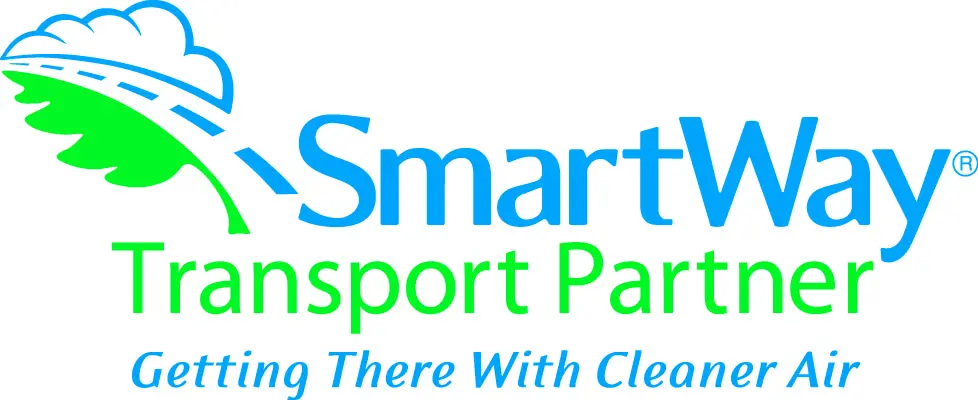services
Full tilt services
News
about
About full tilt logistics
We generally associate logistics companies with words like "efficient" and "fast" - its something trucking companies in Reno NV strive for. However; these terms can be misleading as shippers and receivers can negatively impact efficiency. There are numerous circumstances beyond the control of the trucking company. Overall, the industry needs to become more aware of the impact shippers and receivers have on the logistics industry and a trucking company’s operations.
Shipper and receiver delays and detentions cause problems, especially at the docks. These hold-ups also affect operations and other loads. When a logistics company waits for loading and unloading at a receiver it may affect the timing of the next load pick up. If a receiver takes an excessive amount of time loading or unloading, the trucking company could potentially be late and miss their next load. This often results in unhappy and frustrated customers. Delays also affect driver morale, especially when drivers spend too much time waiting for loading or unloading. Delays and detentions also affect a Driver's work time and pay. If a customer denies detention, the logistics company may have to go out of pocket to make it right with the carrier.
Most truckers are paid by the mile. This means that every hour a truck is parked at the dock and not on the road driving means the driver isn't getting paid. Shipments that aren't ready often contribute to delays at the dock. Similarly, warehouses have union workers who take breaks and sometimes don’t care about a carrier's or a driver's time. Order placement mix-ups can also delay drivers. These are all factors beyond the driver's control, but they're significant. In many cases, the shipper or receiver pays the trucking company for the load and then the trucking company pays the driver. Bottom line: if a driver isn't driving, everyone starts losing money.
Some shippers and receivers have appointment time policies. If a driver doesn't show up by their appointment time, then the shipper or receiver will "work them in" and load or unload the truck at their own leisure. This happens most often when drivers arrive at the shipper before their set appointment time. Instead of setting fixed appointment times, some shippers and receivers set "open window" appointment times, such as between 08:00 – 15:00 - a 7-hour time frame. This affords the driver greater flexibility in planning their trip.
At Full Tilt, when a driver is on time for his or her appointment, the first two hours of waiting time are "on the driver." This means that they don’t get paid for up to a two-hour wait. We make sure that the shippers and receivers who do business with us are aware of this policy. Our policy is for drivers is to always arrive at the destination before the agreed upon appointment time. If traffic, weather, accidents or any other problem delays a driver, they proactively contact dispatch. Dispatch then immediately communicates the situation to the shipper.
Some trucking companies in Reno NV realize that traffic accidents, extremely bad weather or truck mechanical difficulties can delay a driver. These are reasons beyond their control; however, appointment policies are (in general) a good idea.
Full Tilt communicates whenever there's a delay. It is important to be aware of how one particular delay might affect the delivery or pick up of a subsequent load. This helps trucking companies in Reno NV, like Full Tilt, avoid a “service failure” downstream. In this industry service is all we have to sell, so communicating expectations and realities is important.
Whenever a Full Tilt driver arrives at a shipper or receiver who is doing a live load or unload, they will inquire as to how long the process will take. If the company states that it will take "a while," our driver informs them that the first two hours of waiting are on him, but that he will get paid the company's rate per hour for every hour thereafter. At Full Tilt we have had drivers stuck at a shipper's location for up to six hours - this is a worst-case scenario.
For each shipment, our drivers document the following:
Keeping driver times documented they are able to easily put the times on the bills of lading. This ensures that the driver receives any and all due waiting time pay. If bills of lading delay or detain the driver and cause them to wait, their time is also eligible for wait time pay.
Due to federal hours of service regulations and the long time it may take the shipper to load his trailer, we may not able to commit to delivering the load by the original delivery time in the load assignment. Constant driver communication with our office allows our dispatcher to amend the delivery time as necessary. Our customers are always in the loop and we communicate frequently on the status of every load to avoid surprises.
Full Tilt drivers never dawdle once a shipper or receiver completes their tasks associated with a load. Once a shipper or receiver calls, our goal is to respond within two minutes. At Full Tilt, we constantly review wait time pay records to determine how long a driver's equipment is held "hostage." This also includes the amount of money spent on diesel while the truck idles.
We avoid customers who habitually break time commitments with us. Shipper delays are often costly. Full Tilt professional drivers who are delayed and detained at the shippers are paid for wait time and we try and recover these costs beyond our control.



